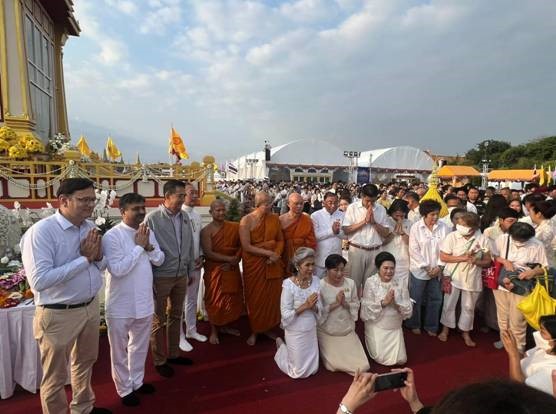Free Courses Sale ends Soon, Get It Now


Free Courses Sale ends Soon, Get It Now



Disclaimer: Copyright infringement not intended.
Context
Details
Etymology and Date
Themes and Traditions
Historical Significance and Modern Observance
|
PRACTICE QUESTION Q. Discuss the significance of spiritual connection in fostering India’s relations with Thailand. (150 words) |
© 2024 iasgyan. All right reserved